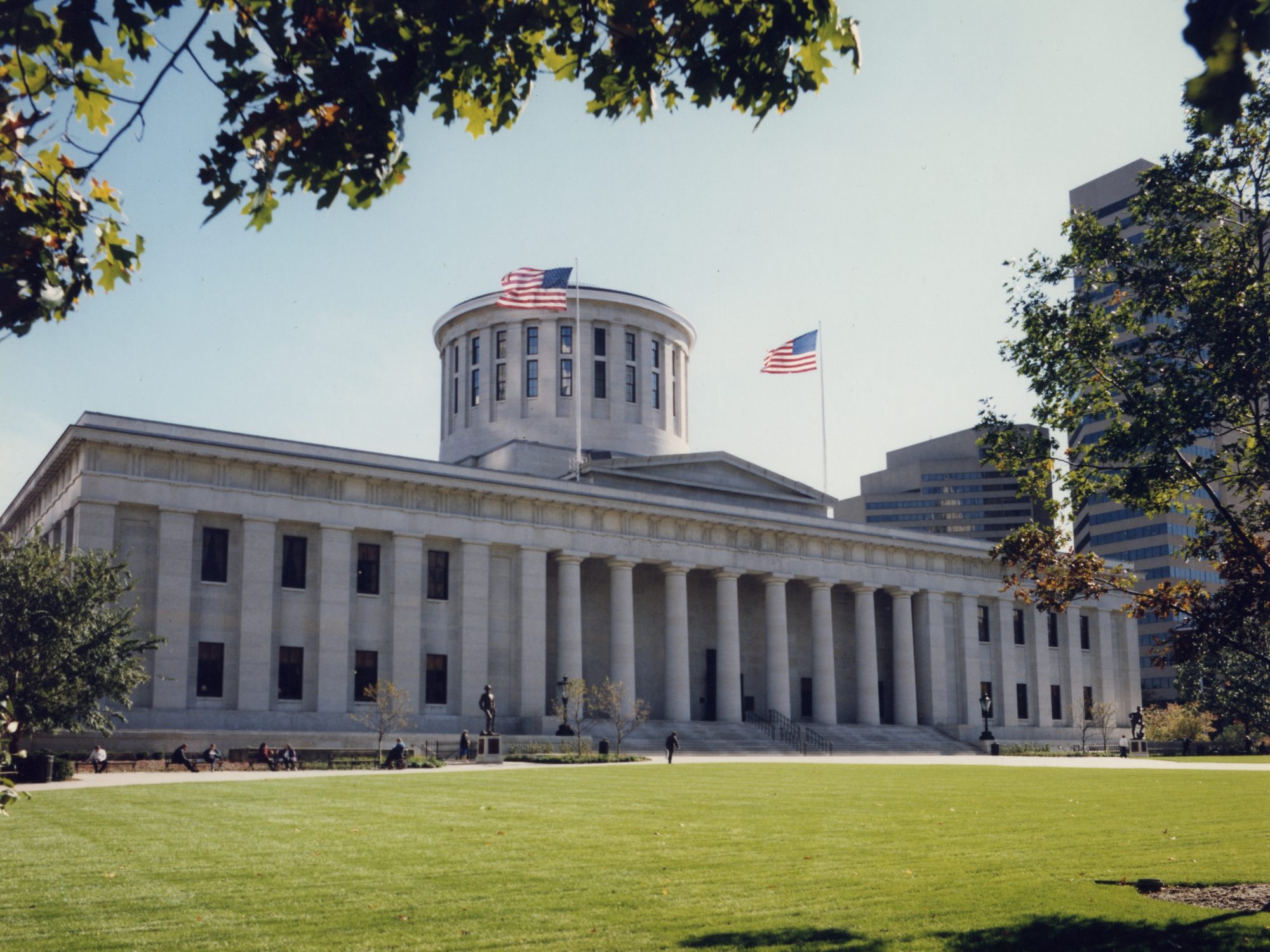The following is an article written by Ohio Chamber of Commerce Vice President, Government Affairs Keith Lake. This piece wraps-up the legislative session from January to July 2020. It appears in full in the July/August issue of Ohio Matters. This is the first part of a three-part series.
Like just about everything else so far in 2020, legislative routines typically followed by the Ohio legislature were upended when the COVID-19 pandemic arrived and much of the state – including businesses – was shut down. When Gov. Mike DeWine issued his executive order on March 9 declaring a state of emergency for Ohio due to the “dangerous effects of COVID-19,” the scheduled March 17 primary election was only eight days away and the legislature was already in the midst of a scheduled break from Columbus so that its members could return home to campaign.
Through that point in time in 2020, it had been business as usual, both for employers and our economy, as well as for state lawmakers.
While it’s almost hard to believe now, Ohio’s economy was growing and business leader optimism was high before the arrival of the coronavirus. In fact, when the Ohio Chamber of Commerce Research Foundation released its 4th Quarter 2019 Prosperity Pulse survey of Ohio business leaders in early March, the Prosperity Pulse Index was up to 118, its fourth highest reading in survey history, and a majority of respondents had a positive outlook on the future of the economy overall.
At the Statehouse, business as usual meant the House and Senate were often at odds, disagreeing on how to tackle priority issues, and failing to concur on four separate bills – bringing the total number of bills to which the originating chamber wouldn’t accept the other chamber’s changes to ten, an extraordinarily high number given that both chambers are controlled by the same party.
Unfortunately, business as usual during this two-year session of the General Assembly also has come to mean that Ohio Chamber priority bills to make our business climate more competitive advance slowly through the legislative process, if at all.
The most significant pre-coronavirus legislative development impacting employers, for example, was not a positive one: the passage by the House of House Bill 308, which would allow, for the first time ever, for a mental injury without any underlying physical harm to be a compensable workers’ compensation claim for certain classes of employees. Specifically, HB 308 entitles peace officers, firefighters, and emergency medical technicians to compensation and benefits under Ohio’s workers’ compensation system for post-traumatic stress disorder (PTSD) diagnoses.
The Ohio Chamber doesn’t object to providing first responders with PTSD coverage, but has long opposed providing this coverage through the workers’ compensation system, as it would open the door to the possibility of requiring coverage of all mental injuries for all classifications of employees – an outcome that would result in untold new costs for employers. The bill is currently pending in the Ohio Senate.
For Part II, click here.
For Part III, click here.
